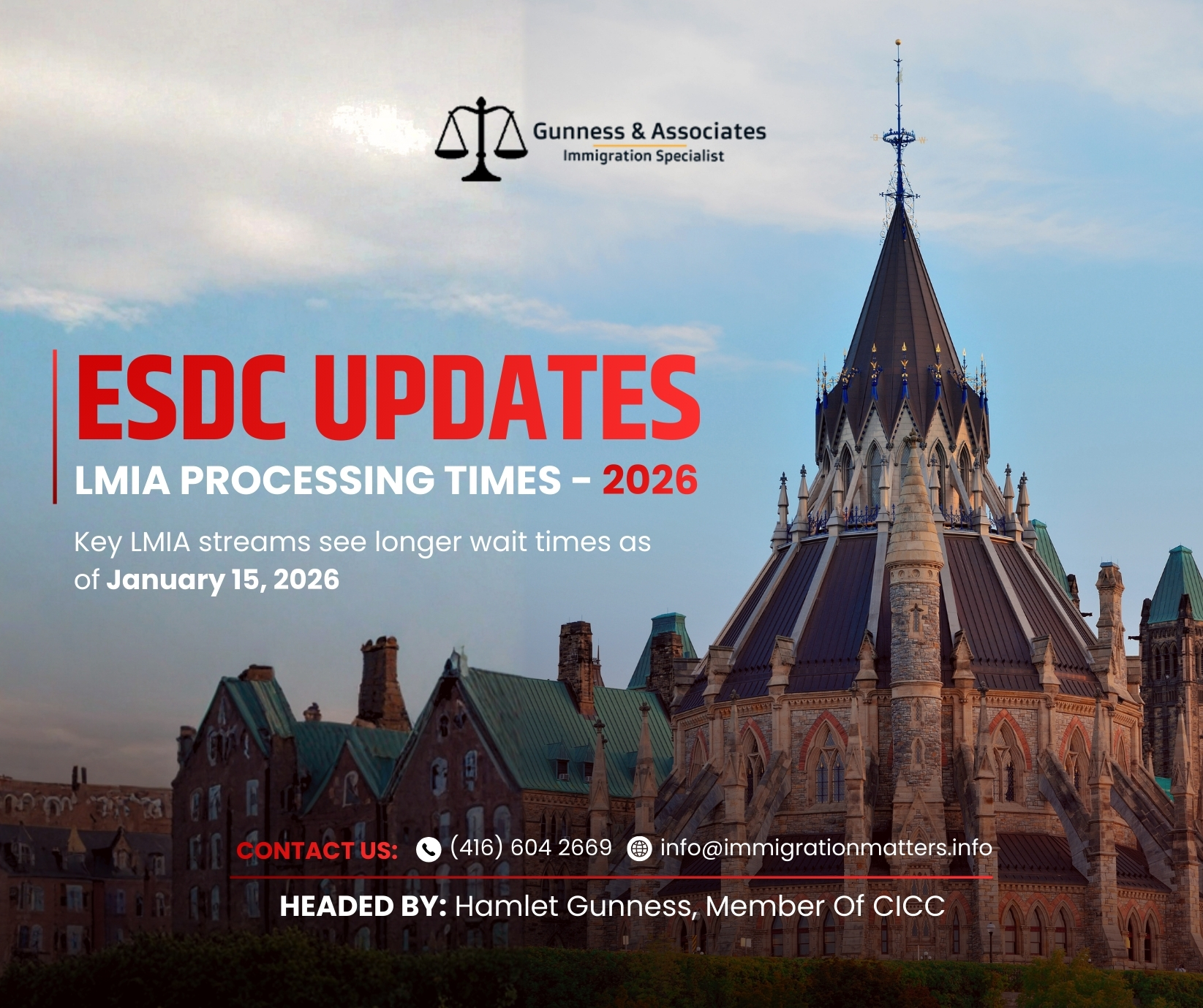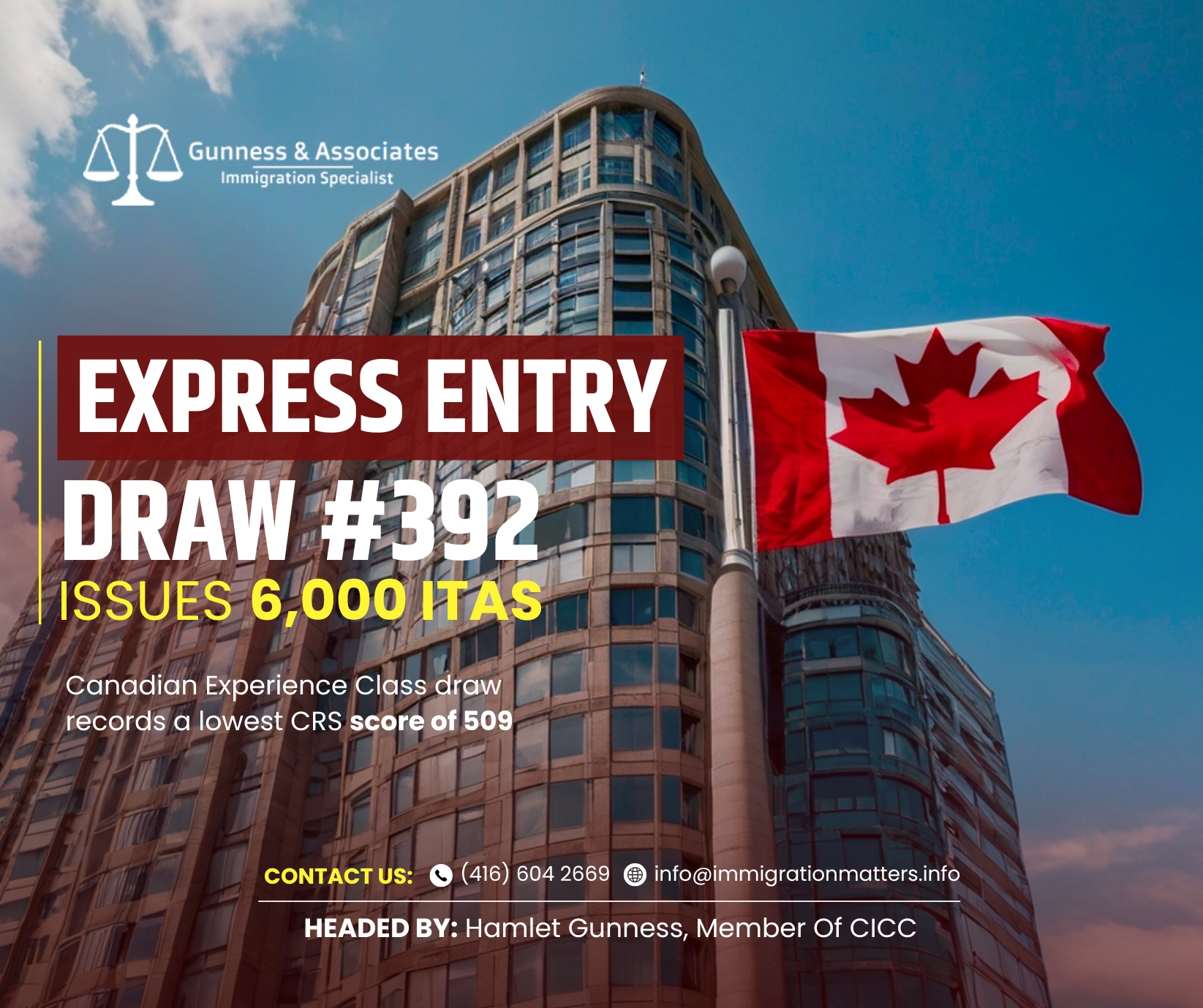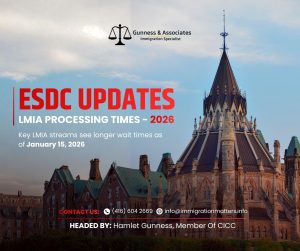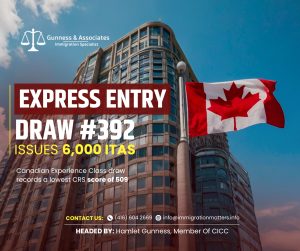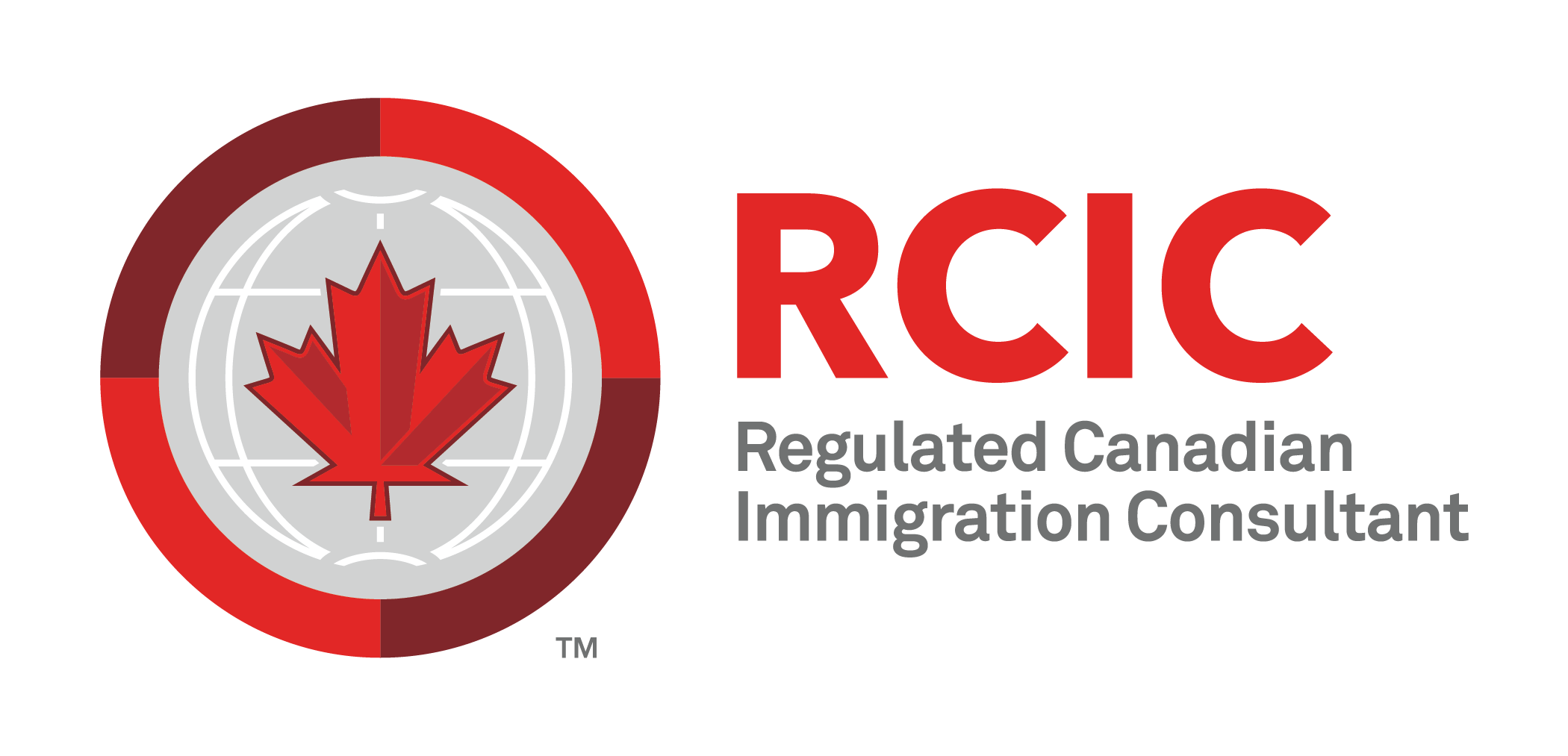IRCC to Introduce Mandatory Language Testing for Key International Mobility Program Work Permits by 2027
July 23, 2025

In a revolutionary step aimed at increasing Canada’s readiness for the workforce and integration strategy, Work Permits by 2027 will see a great alteration as Immigration, Refugees and Citizenship Canada (IRCC) revealed plans to introduce compulsory language ability tests for certain International Mobility Program (IMP) applicants for work permits. The news is contained in IRCC’s 2025-2027 Forward Regulatory Plan, which revolves around ensuring that immigration streams are consistent with long-term economic prosperity and social integration.
This proactive strategy represents a major departure from the way Canada assists foreign workers and employers, prioritizing language as the building block for successful employment, settlement, and routes to permanent residence.
Why Language Testing Matters in the Canadian Workforce?
Language ability—either in English or French—is a key to successful settlement and economic engagement in Canada. Through the introduction of third-party standardized language tests, IRCC seeks to confirm that foreign workers coming into Canada under the IMP possess the communication skills needed to succeed in multilingual professional settings. This plan, which envisions the implementation of Work Permits by 2027, demonstrates Canada’s continued support for improving its economic immigration system, increasing the calibre of its workforce, and positioning newcomers for long-term success.
What is the International Mobility Program?
The International Mobility Program (IMP) permits temporary foreign workers to be hired by Canadian employers without a Labour Market Impact Assessment (LMIA). This exemption is offered in situations where the work benefits Canada’s overall economic, social, or cultural interest. Some IMP categories are intra-company transferees, reciprocal employment arrangements, and specific post-graduate work permit holders. Although the IMP has been a nimble means of addressing Canada’s labor needs, the addition of a language proficiency requirement for Work Permits by 2027 provides a strategic dimension of quality management, enabling employers and policymakers to confirm that chosen candidates will be able to integrate and contribute on the job.
Enhancing Economic and Social Integration
IRCC’s intention with this language testing requirement is evident: it wants to enhance labor force integration, communication efficiency, and the newcomer experience as a whole. It is part of its larger Work Permits by 2027 strategy, responding to significant gaps that many foreign workers experience. Language barriers too often interfere with job performance, cap career advancement, and slow settlement achievements like community engagement or citizenship applications.
By making third-party language testing mandatory for specific IMP streams, IRCC aims to:
- Ensure candidates are workplace-ready upon arrival.
- Support employers with candidates who are equipped for team collaboration and job-specific communication.
- Boost retention rates as foreign workers more easily transition to permanent residence and long-term settlement.
Benefits for Employers and Canada’s Economy
This regulatory change will accrue to the benefit of employers in Canada and the Canadian economy in a number of ways. With Work Permits by 2027 starting to mandate language testing, employers can anticipate working with individuals who have a better grasp of language, translating to improved:
- Workplace communication
- Safety adherence
- Customer service interactions
- Team cohesion
In industries that rely on language understanding—such as health care, construction, hospitality, and technology—this shift guarantees that foreign workers are more in line with work requirements from the first day.
On a macro level, this change aids IRCC’s overall mission to establish a robust, responsive, and high-performing immigration system. Newcomers who are linguistically proficient are likely to continue with further education, be familiar with the culture of Canadian workplaces, and apply for permanent residency, enhancing the long-term Canadian labor market.
How Will IRCC Implement the New Testing Requirement?
Whereas the requirement for mandatory language testing for Work Permits by 2027 is established as part of IRCC’s strategy, the department will implement it step by step and inform stakeholders in good time. The language testing will be performed by authorized third-party providers, much like the existing systems under Express Entry and other economic immigration categories.
As further information becomes available, IRCC will continue to consult with employers, educational institutions, and immigration consultants to facilitate a smooth, effective, and business-friendly transition for foreign workers as well as Canadian businesses.
Preparing for the Future: What Employers and Workers Should Do Now
Even though the official rollout is expected by 2027, now is the ideal time for employers and applicants to start preparing. Here are a few proactive steps:
- Employers: Consider reviewing your hiring strategies to prioritize candidates who demonstrate basic language skills, or offer language training as part of onboarding.
- Applicants: If you are considering applying under the International Mobility Program, consider starting early preparation for recognized language tests such as IELTS, CELPIP, or TEF Canada.
Does PGWP come under the International Mobility Program?
No, the Post-Graduation Work Permit (PGWP) is not part of the International Mobility Program (IMP), but like most streams of IMP, it is exempt from the requirement to obtain a Labour Market Impact Assessment (LMIA). The PGWP enables foreign students graduating from qualifying Canadian designated learning institutions (DLIs) to obtain valuable Canadian work experience.
While the IMP encompasses different LMIA-exempt work permits founded on more expansive economic, cultural, or reciprocal advantage grounds (e.g., intra-company transferees or spousal permits), PGWP is an independent public policy initiative established to support international graduates in becoming permanent residents. By Canada’s own immigration strategies, the nation should be issuing substantially more work permits in 2027, and PGWP holders will still account for a significant proportion of temporary foreign workers acquiring Canadian experience and helping the economy.
Work with Trusted Experts for Immigration Success
Canada’s changing immigration policies aim to make the system more sustainable, equitable, and advantageous to all parties. The new language test requirement in the International Mobility Program is moving in that direction—ensuring foreign workers are able to prosper right from the beginning and transition easily into permanent Canadian life through successful Work Permits by 2027.
We are specialists in assisting employers and individuals with Canadian immigration matters. If you’re an employer looking to hire through the IMP or you’re an employee seeking a work permit yourself, we’re here to assist you every step of the way.
If you want to know more details about “IRCC to Introduce Mandatory Language Testing for Key International Mobility Program Work Permits by 2027“ you can contact one of our immigration specialists at Gunness & Associates.
Gunness & Associates has helped thousands of people successfully immigrate to Canada with their families. Our skilled and experienced immigration experts have the expertise to accurately examine your case and advise you on the best method of proceeding to serve your needs.
For Honest And Straightforward Advice, Contact The Experts
Get a Free Assessment
All rights reserved ©2025 Gunness & Associates


